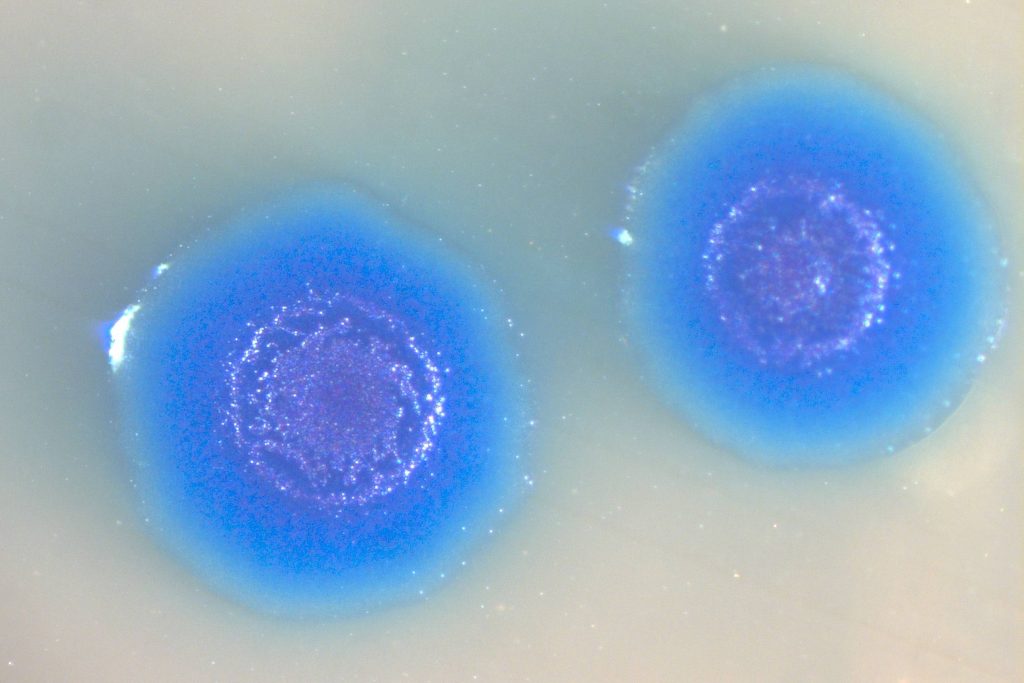
Recent epidemiologic, genetic, and molecular studies suggest that infection and inflammation initiate certain cancers. Mycoplasma, a genus of bacteria that lack a cell wall, are among the few prokaryotes that can grow in close relationship with mammalian cells, often without any apparent pathology, for extended periods of time. There is a high correlation between mycoplasma infection and different cancers, which suggests the possibility of an association between the two, although the mechanism is unknown. The ratio of breast cancer tumors infected with mycoplasma in one study was 39.7% (25/63).
Chinese herbs that can eradicate mycoplasma include Radix Isatidis, Radix Angelicae Dahuricae, Cortex Phellodendri, Radix et Rhizoma Rhei, Fructus Kochiae and Herba Houttuyniae. Mycoplasmas are susceptible to antimicrobial agents that affect DNA, RNA, protein synthesis, or the integrity of the cell membrane. Mycoplasmas are not susceptible to agents that interfere with synthesis of folic acid or that act on the cell wall. Tetracyclines, erythromycin, clindamycin, chloramphenicol, aminoglycosides, and fluoroquinolones have been shown to have activity against one or more mycoplasmal species.



